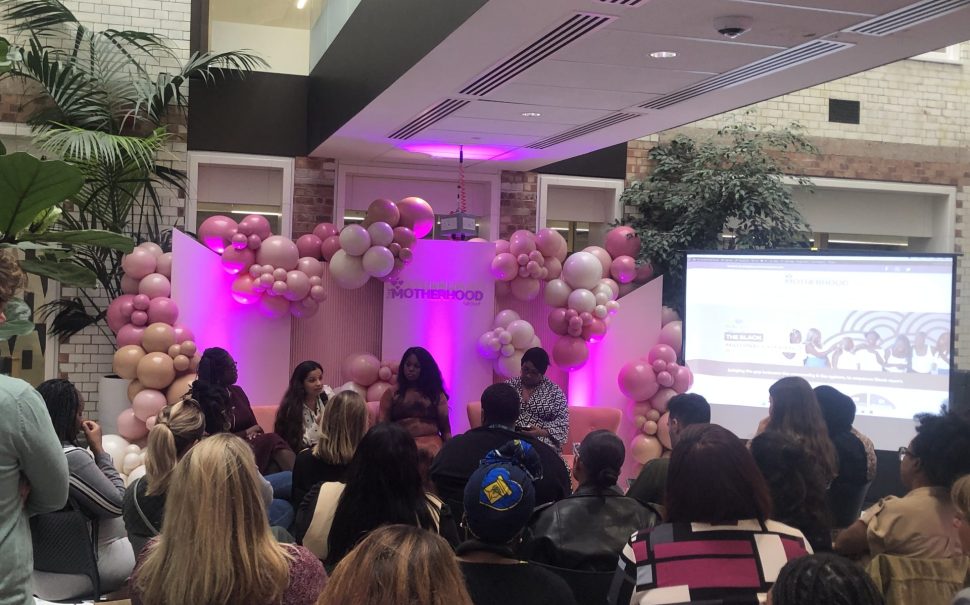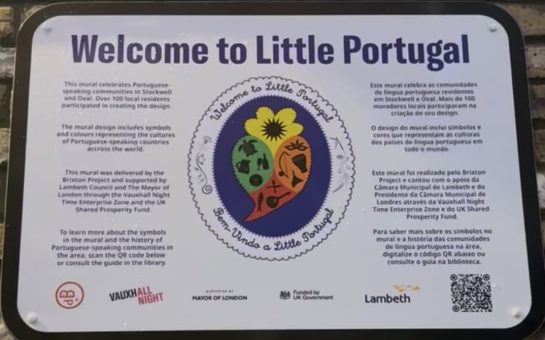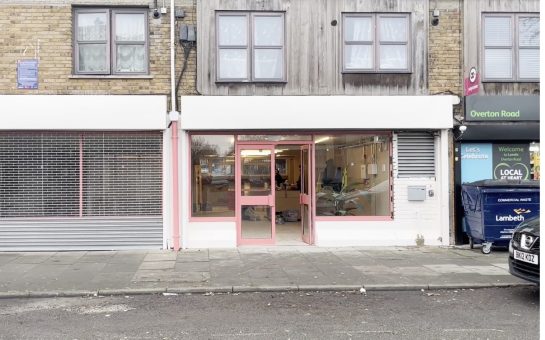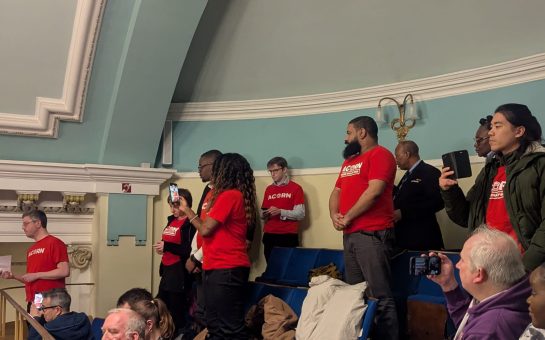The fourth annual edition of Black Maternal Mental Health Week took place in the UK last week, with events organised across London.
The initiative was started by The Motherhood Group, with the aim of raising awareness about the mental and physical health challenges faced by Black mothers.
The non-governmental organisation, founded by entrepreneur Sandra Igwe, states that their cause is about “bridging the gap between the community and the system, to empower Black mums,” and that they are dedicated to sharing and supporting the Black maternal experience.
Black women are four times more likely to have life-threatening birth complications than White women, with 15% of Black mothers suffering from some form of post-natal depression, whilst having less access to follow-up healthcare.
During the week, The Motherhood Group organised events, training sessions and workshops to educate people about the inequalities and disparities that Black women are forced to confront throughout the healthcare system.
Over the course of its existence, The Motherhood Group has seen over 4000 Black mothers attending their events, workshops and peer support projects.
It's Black Maternal Mental Health Week (#BMMHW23 #BMMHW).
— The Motherhood Group (@MotherhoodGroup) September 25, 2023
This year's theme is #BreakingCulturalBarriers. A lack of understanding and awareness of different cultures can affect the experiences of Black mothers. In pregnancy and in the early stages of motherhood.
Hear from some… pic.twitter.com/fPcfyIZXyA
A notable example was the Our Voice, Make Change event that took place at Lambeth Town Hall on Wednesday September 27, organised in partnership with Impact on Urban Health, which featured MP Bell Ribeiro-Addy as a special guest speaker.
The Labour MP for Streatham highlighted some of the severe statistics indicative of the struggles Black women have to deal with, such as the fact that they are 50% more likely to suffer a miscarriage over the course of their pregnancy.
Subsequently, she called out the government for refusing to set clear targets to rectify these issues.
When asked what the government should be doing, Ribeiro-Addy said: “A lot of these issues are centred around the government accepting institutional racism and taking the correct steps to combat it.
“For example, setting targets on Black maternal health and Black women dying during childbirth.”
She continued: “The argument about resources wears very thin when we see how the government are playing about with contractors and how they are wasting how money is put into the NHS – there is still not a proper mental health structure in place to help Black mothers cope.”
In response, A Department of Health and Social Care Spokesperson said:
“We are committed to making the NHS the safest place in the world to give birth for all women, regardless of ethnicity or economic status.”
“To reduce disparities for women and babies from ethnic minorities and those living in the most deprived areas, NHS England has published guidance for local maternity systems, supported by £6.8 million.”
“We are investing an additional £165 million per year to grow and support the maternity workforce and improve neonatal care, while NHS England recently published a three-year plan to make maternity and neonatal care safer, more personalised, and more equitable for women, babies, and families.”
Also speaking at the event was leading obstetrician and gynaecologist Dr Karen Joash, who was able to document first-hand her experiences of Black mothers undergoing difficult pregnancies and their distrust of the healthcare system.
Dr Joash outlined: “The culture of the doula exists because Black mothers are scared.
“They are seeking doulas not out of choice, but often simply to survive.”
She also proposed a more streamlined, continuity of carer arrangement, whereby any notions of bias can be addressed.
Dr Joash said: “It needs to get to a stage where, over time, they don’t see the scarf, they don’t see the afro, and that bias can be broken down over time.”





